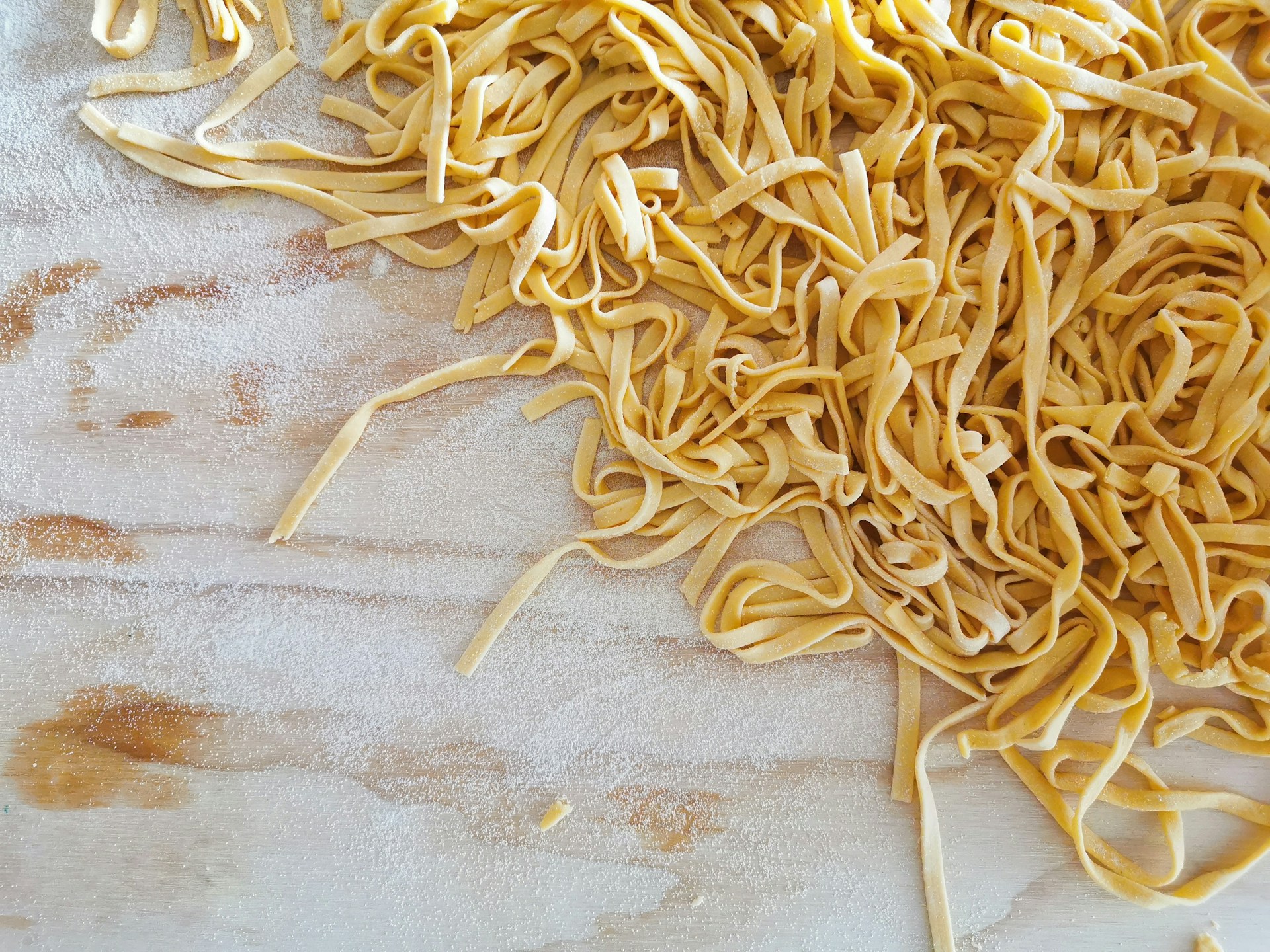Pasta is a comfort food favorite, but do you know what happens to your body after you enjoy a bowl of spaghetti or fettuccine? Here’s a simple breakdown of how pasta affects your body.
1. Quick Energy Boost
Pasta is packed with carbs, which your body turns into glucose—a type of sugar that gives you energy. This is why pasta is great when you need a quick pick-me-up. The carbs in pasta can provide steady energy that lasts for hours.
2. Blood Sugar Spike
Not all carbs are the same. Regular pasta, made from white flour, can cause your blood sugar to rise quickly. This spike is often followed by a crash, making you feel tired and hungry again. To avoid this, choose whole grain pasta, which has a gentler effect on blood sugar and gives you longer-lasting energy.
3. Good Source of Fiber (If You Choose Whole Grain)
Whole grain pasta is a great source of fiber, which helps with digestion and keeps you feeling full. Fiber also slows down sugar absorption, preventing those blood sugar highs and lows. Plus, it’s good for your gut health, helping everything run smoothly.
4. Watch Out for Weight Gain
Pasta itself isn’t fattening, but it’s easy to overdo it. Large portions and heavy toppings like cheese and creamy sauces can add up in calories. To avoid weight gain, stick to reasonable portions and add lean proteins and lots of veggies to your pasta dish.
5. Mood Booster
Pasta can also make you feel happier. The carbs in pasta help your body produce serotonin, a chemical that boosts your mood. That’s why a plate of pasta can feel so comforting and satisfying.
Pasta can give you energy, fiber, and even a mood lift, but it can also spike your blood sugar and lead to weight gain if you’re not careful. The key is to enjoy it in moderation. Choose whole grain pasta, watch your portions, and balance your meal with proteins and vegetables. This way, you can enjoy your pasta without the guilt!



